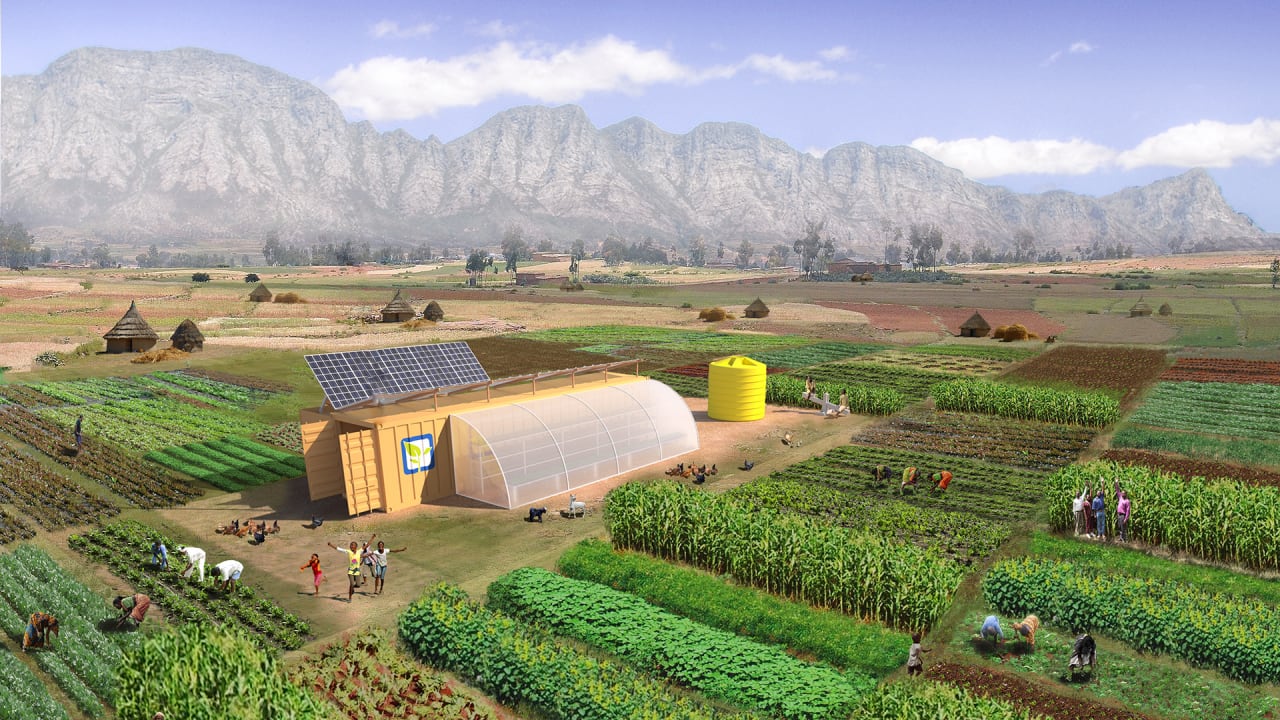Nigeria, world largest producer of cassava, can earn as much as N20trn annually from the export of the commodity if farmers can have better access to loan facilities to expand their output, and through widespread adoption of modern farming practices.
Segun Adewumi, president of Nigerian Cassava Growers Association (NCGA), made this assertion in a recent interview, adding
that since the product could be grown in almost every part of the country, devoting five million hectares of Nigeria’s 84 million hectares of arable land could trigger a cassava revolution.
“All we need is to devote 5 million of the 84 million hectares of the arable land in Nigeria to cassava development and that will yield 200 million MT of cassava. Using Industrial Starch as example, 200 million MT of cassava will produce 50 million MT of starch. 50 million MT of Starch sells for N350, 000 per ton and that will generate 17.5 trillion naira.
“Fortunately, cassava can be cultivated in all parts of Nigeria. It is even better cultivated in the North where weeding is easier and land clearing is much less expensive,” he said.
Nigeria, Africa’s largest economy, leads the world in cassava production with 45m metric tonnes as of 2016 with 24 states of 36 able to grow cassava. As much as 82 million hectares out of Nigeria’s total land area of about 91 million hectares were found to be arable, but only 42% of the cultivable area was farmed.
This comes on the heels of report by Psaltry International Company Limited, one of the biggest investors in Nigeria’s cassava industry, that it earned N1.22 billion ($4 million) in 2016 on the back of the Federal Government’s cassava starch import substitution policy.
The firm said the biggest buyers of its cassava starch are Nigerian Breweries Plc, Nestle Nigeria Plc, Yale Foods, May & Baker, Unilever, among others.

Oluyemisi Iranloye, Managing Director/CEO of the firm, said, “We started production in 2013. You could imagine the amount of foreign exchange that only this company is saving Nigeria in import substitution every year, it’s quite huge – $4 million dollars in 2016. Nigerian Breweries takes about 60% of our total production in a year, Nestle 30% and Yale Foods 10 per cent.
“When the price of dollar went up there was rush for our products. In fact, I don’t know where to start and end because those who were not buying from us before and who were importing could not import anymore. Today, we have big clienteles, even May & Baker, Unilever and some packaging companies are coming to us. So, we are trying to build capacity to meet their demands.”
To build capacity to the point where Nigeria can meet domestic demands and also export cassava, Adewumi says the federal Government must do more by making access to credit easier for farmers.
He said: “Right now we have some impediments that need to be removed for inflow of foreign Investments and prosperity of the local investors. Some of these are non-acceptance of agricultural land as collateral security for loan; on the account of the failure of Nigerian banks to accept agricultural land as collateral security for loan, many investors have relocated to other countries like Ghana.”
The NCGA President, while commending the Central Bank of Nigeria (CBN) for its Anchor Borrowers programme, urged the FG to recruit more educated Nigerian youths who can understand and better adopt modern agricultural practices in the nation’s agriculture industry.
“Another one is the need for modern agricultural practices. We appreciate the anchor programme of the Central Bank of Nigeria. It will boost food security. At the same time, agricultural commodities required for industrial use need to cost less for its products to penetrate the international market. This is beyond what our aging farming population can provide. We need modern practice of agriculture that only the educated youths can do.
“As said earlier, we have 84 million hectares of arable land, we have millions of youths that have no job, and all we need is to commence serious agricultural revolution now that ready market is available.”
Nigeria, most populated black nation in the world, has a huge youthful population with 62% of its 181 million people between the age of 15 and 35, with many of the unemployed.
Earlier this year, CBN, in a bid to make access to loans easier for Nigerian farmers, the Apex bank announced that it had disbursed N33bn to some 146, 557 farmers who are cultivating about 180,018 hectares of land across 21 states under its Anchor Borrowers programme.











When applause travels faster than hunger